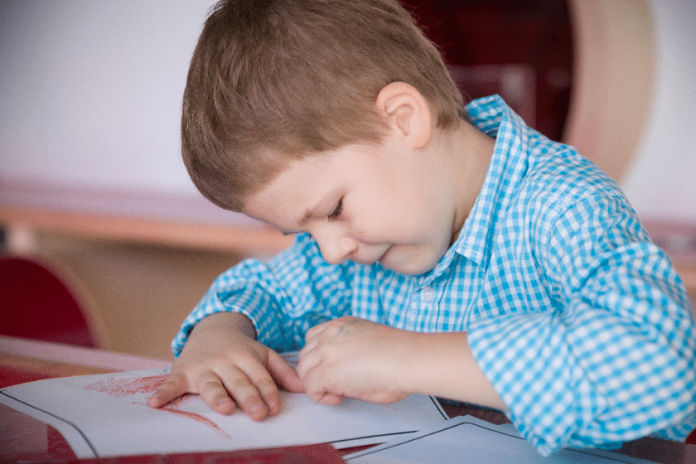
If you are left-handed, you are among the estimated 10 to 13.5 percent of the population who are not right-handed. For years, there has been the idea that left-handed people are more gifted. As evidence of this, some individuals point out that those who populate the left-handed group are Mahatma Gandhi, Queen Victoria, Mark Twain, Mozart, Aristotle, Bill Gates, and Marie Curie. It’s also been observed that overall, left-handers are overrepresented among creative types (e.g., musicians, artists, chess players).
But is there any scientific proof of such giftedness among left-handed individuals? A new study appearing in Frontiers in Psychology took a look at this concept by examining the relationship between handedness and mathematical ability.
Before we can entertain the idea of left-handed giftedness, it’s important to understand that handedness-the preference to use one hand over another-is a manifestation of brain function and also related to cognition. To accompany that are a few things that tend to differ about the brains of left-handed versus right-handed people.
Read about 7 nutrients your brain needs to stay young
For example, people who are left-handed tend have a more highly developed right hemisphere, the region of the brain that specializes in spatial reasoning and an ability to rotate mental images of objects. More specifically, they have a larger corpus callosum, which is the nerve cell cluster that connects the two halves (hemispheres) of the brain. This suggests-but has not been confirmed-that left-handed people may be better equipped to process information than are right-handed individuals.
Left-handedness and math skills
More than three decades ago, researchers noted that left-handed students were more talented in mathematics than was the general population. However, this finding has not always held up under scrutiny. A subsequent study, for example, found that left-handed children aged five to 14 performed less well on math than their right-handed peers.
Now there is a new study in which the researchers conducted various experiments among more than 2,300 students in primary and high school that involved various types and levels of difficulty of math tasks. The authors also were careful when determining lefthandedness and so used the Edinburgh Inventory to make that determination.
Here is what the researchers found after they conducted a variety of math tasks:
- Left-handed kids outperformed the rest of the participants when the tasks involved difficult problem-solving functions
- Left-handed males performed especially well
- When the math tasks were not difficult (e.g., simple arithmetic), there was no difference between left- and right-handed participants
- Among kids identified as extreme right-handers (meaning they used their right hand for everything identified on the Edinburgh Inventory), they performed the worst in all of the math experiments when compared with moderate right-handers and left-handers
Read about how to make new brain cells and improve memory
The authors of the study also pointed out that handedness is an indirect expression of brain function, not a direct one. This is illustrated by the finding that only one third of people who have a more developed right hemisphere are left-handed. That means there are many right-handed people who have a brain structure that is similar to that of their left-handed colleagues. Therefore, although we may want to jump to the conclusion that left-handed people are more creative and may possess genius potential, we still need to explore this topic in more depth.
Sources
Benbow CP. Physiological correlates of extreme intellectual precocity. Neuropsychologia 1986; 24(5): 719-25
Johnston DW et al. Handedness, health and cognitive development: evidence from children in the National Longitudinal Survey of Youth. Statistics in Society 2013 Oct; 176(4): 841-60
Sala G et al. The relationship between handedness and mathematics is non-linear and is moderated by gender, age, and type of task. Frontiers in Psychology 2017 June 9
Witelson SF. The brain connection: the corpus callosum is larger in left-handers. Science 1985 Aug 16; 229(4714): 665-68




